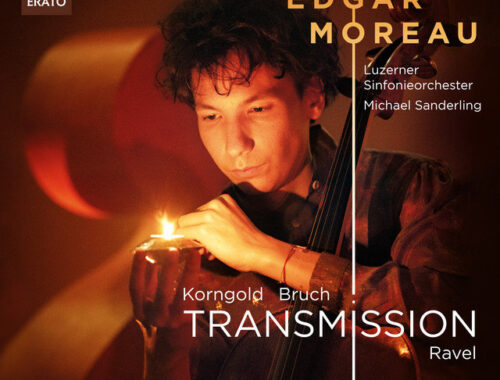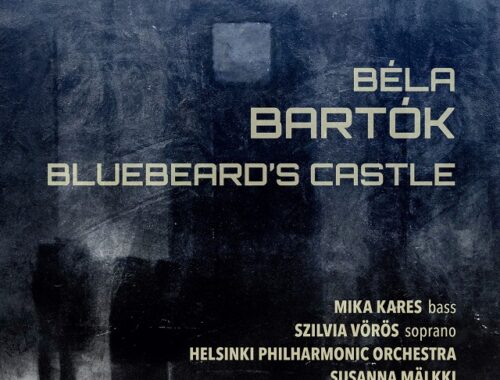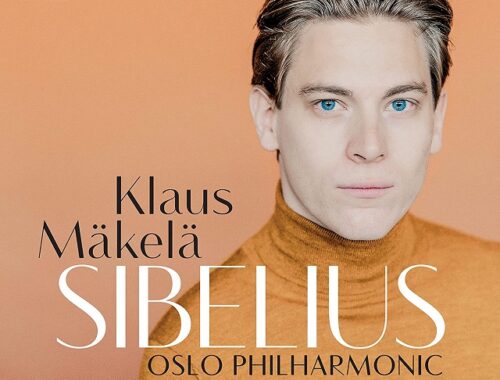Mercury Musical Developments at 20
Presenting the Sydney Brown Memorial Award 2012 to Denise Wright and Chris Burgess for a show called Emerald (which I hope is a better whole than the two numbers representing it here) Michael Ball recalled the original production of Les Mis which he thought at the time was the longest show he’d ever been a part of but was now an assessment he plainly had to revise in the light of Mercury Musical Developments 20th Anniversary Gala. Three acts, thirty songs, and Anita Dobson whose attempts to negotiate the various entrances – and perhaps more tellingly the distance between stage and dressing room and/or her holding position in the wings – was charmingly chaotic.
The really good news is that this brilliant enterprise for new writing has truly come of age (a year ahead of the official marker) and that Arts Council involvement can now transform what began as a Stephen Sondheim workshop for a “class of 20” is now a 250-strong pool of talent from which new work will emerge with a growing possibility of workshop and production. Only last week I was at the Royal Opera House for a public interview with the new Artistic Director Kasper Holten bemoaning the fact that Opera persists in setting itself apart from other forms of musical theatre and that the writing talent that I know first hand should surely figure in the commissioning and development of new music theatre pieces – not just the already over-commissioned “usual suspects” from the contemporary music network. I asked Holten if he had seen London Road at the National and he said he had and was hugely impressed. So now that he creatively oversees the Linbury Studio Theatre as well as the Royal Opera House shouldn’t he be looking to developing Mercury talent for the next London Road? I think the point was well made and well received. Watch that space.
In the meantime a lot of talented people were showcasing a bewildering diversity of work at this Mercury party at the Novello Theatre and we who looked on all had opinions of what worked and what didn’t and why. There were spectacular gaffs like George Stiles never quite arriving at the modulation that would enable Sally Ann Triplett to complete his and Anthony Drewe’s song “Wash My Hands of Soap” from a new show Soapdish. He came clean that it was all his fault and they were going to finish if it killed them or Sally Ann ran out of voice – whichever came first.
My highlights were clear: Michael Bruce’s brilliant demolition of Menkenesque Disneyfication in “Portrait of a Princess” delivered with definitive sauciness and precision by Sarah Earnshaw; Tim Sutton’s super-smart vaudeville pastiche “Horse Whispers” (deftly played by Stuart Matthew Price and Michael Cantwell) which presupposes that even those inside the Trojan Horse could see the absurdity of it. The Song Cycle for Soho numbers were strong and beautifully executed by Claire Moore, Lauren Samuels, Michael Cantwell, and David Bardsley (and a “deceased” Stuart Matthew Price) and Nigel Richards gave Conor Mitchell’s corruscating “What Kind of a Life is This, Masha?” and Richard Taylor’s ecstatic “Butterfly” (from The Go-Between) wonderful resonance. Then there was Paul Kaye from Tim Minchin’s Matilda lending the withering home-truths of “Telly” a cartoonish zaniness.
Richard Thomas will have given thanks for the force that is Alison Jiear in “Christmas Noir” – proof conclusive that a restraining order is no deterrent against a woman scorned in the season of goodwill – and the winner of the Stiles and Drewe song award at this year’s Stephen Sondheim Student Performer of the Year Competition – “Powercut” from Douglas Hodge’s Meantime – found Danielle Hope growing up fast and finally leaving Dorothy back in Kansas.
Hopefully the online auction of musical memorabilia will make this 20th Anniversary a profitable one. Creatively it already is.
You May Also Like

GRAMOPHONE Review: Transmissions – Edgar Moreau, Luzerner Sinfonieorchester/Sanderling
28/03/2022
GRAMOPHONE Review: Bartók Duke Bluebeard’s Castle – Helsinki Philharmonic Orchestra/Mälkki
18/06/2021